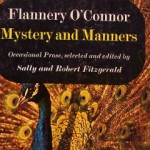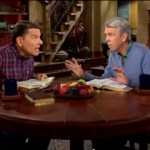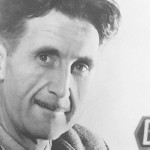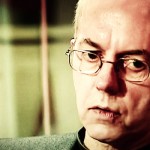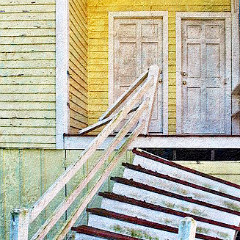
So I’m reading Alan Jacobs’ new book, Original Sin: A Cultural History, and several thoughts about human will and intention crisscross my mind:
1. The idea that our heart — in the classic sense, the seat of our intellect and will — is by nature corrupt or prone to corruption is not something that people easily accept. Jacobs covers the clashes generated by the idea since Augustine and even dips back into Paul’s epistles and a few Hebrew texts. As the story goes, every several generations in various locales someone says something about the cussedness of man and sparks start flying.
2. I am personally troubled by people’s difficulty here. Nothing rings truer to my own psychology, observations of others, and reading of memoir and history than this concept, especially the “divided self” aspect of it, that while I desire to the good on the one hand, another part of me desires the wrong, like there’s a joust ongoing in my heart and the lists never empty and the horses never tire and the riders just keep charging at each other forever.
3. The idea that the will is free is much harder for me to accept than that it is bound. Research seems to indicate that we make up our minds before we are strictly conscious that we’ve done so. Sidestepping (or perhaps stepping right into) semantic landmines here, let me just say that freely choosing implies awareness of choice. Without awareness, are we looking at something more like reflex than will?
4. In Fooled by Randomness, Nassim Nicholas Taleb makes the point that a good deal of what we think we know are just stories we construct and overlay on random data to make sense of them. If that’s not only true of how we see and remember our environments, how much more so ourselves? Perhaps free will is a construct we overlay on our experience, something with which we fool ourselves in an attempt to dignify our decisionmaking and shore up our perceptions about the integrity of our personhood.
5. I draw no firm conclusions here. I believe that we freely make choices, but I also believe that our choicemaking is corrupted and that corruption is fundamental to who we are as people. This doesn’t mean that we always make wrong choices, but like a poorly calibrated instrument our hearts work perfectly fine and still get things wrong. That analogy is insufficient, I’ll grant. Most of our categories here are insufficient.
Jacobs points out that the Eastern Orthodox tradition handles the issue differently than we do in the Western Church (and the secular society that emerges from it) and consequently does not back itself into the same intellectual cul-de-sacs. It has different ones.

